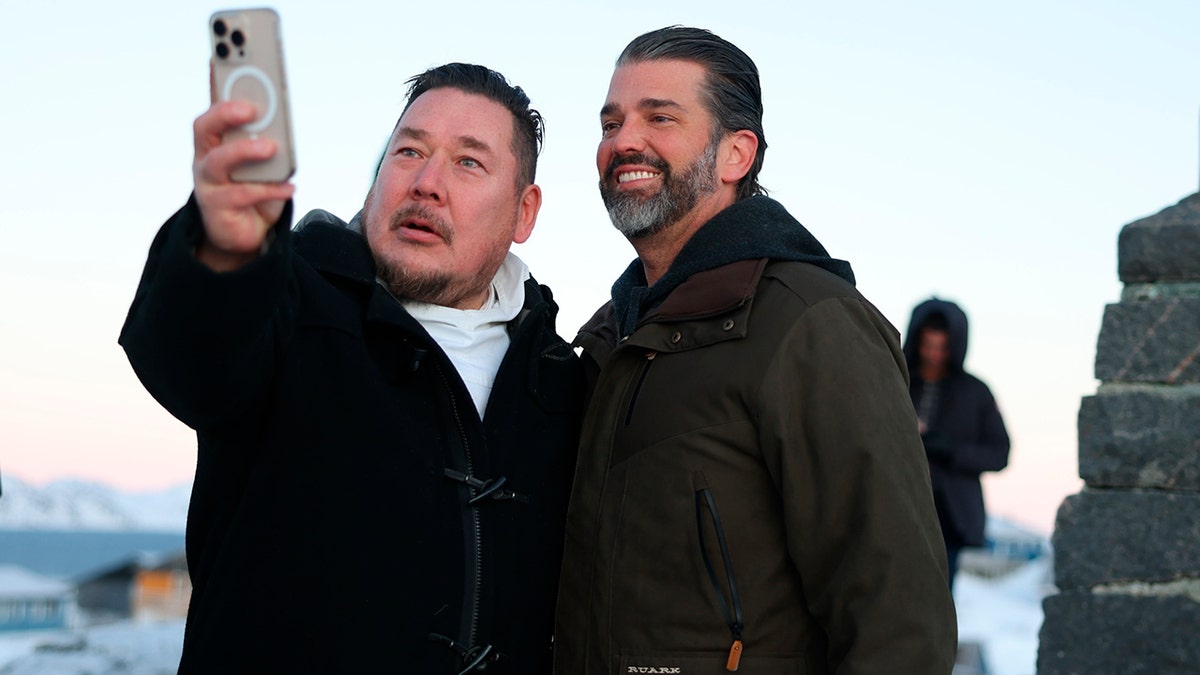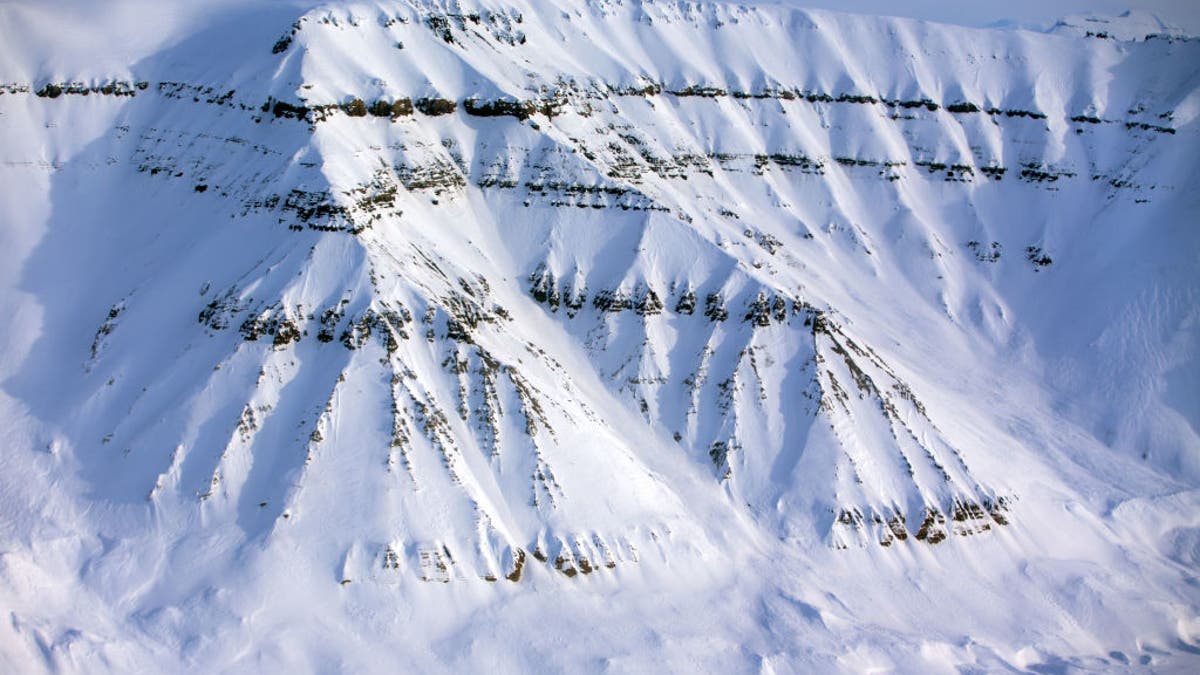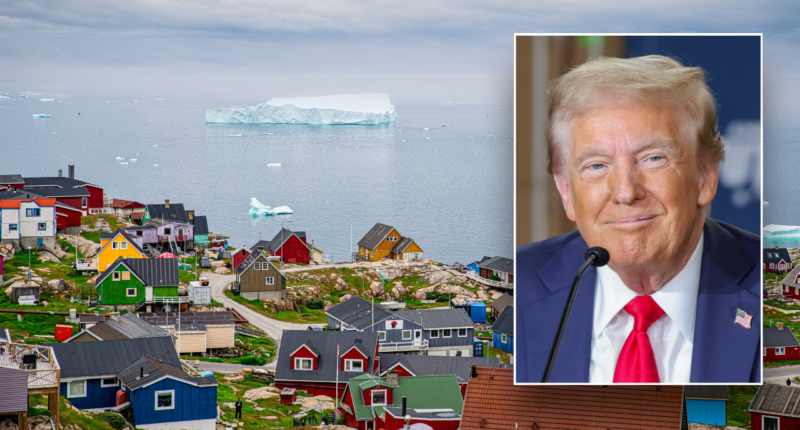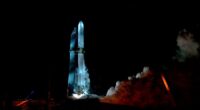During a surprise visit to Greenland by Donald Trump Jr. this week, President-elect Donald Trump is showing increased seriousness in his consideration to purchase Denmark’s Arctic territory.
In a press conference at Mar-a-Lago on Tuesday, the president-elect left the possibility of using military coercion on the table when questioned about gaining control of Greenland. “No, I can’t assure you on either of those two,” Trump responded when asked if he would exclude military or economic coercion from the options to gain control of Greenland, stating, “We need it for national security. That’s for the free world. I’m talking about protecting the free world.”
Denmark’s leadership, however, remains firm in their stance that the Arctic territory is not available for sale. Prime Minister Mette Frederiksen stated on Tuesday, “We have a clear interest in that it is the U.S. that plays a large role and not Russia or other countries. But Greenland is for the Greenlandic people.”

Donald Trump Jr., right, poses for a photo as he arrives in Nuuk, Greenland, on Tuesday, Jan. 7, 2025. (Emil Stach/Ritzau Scanpix via AP)
“We’ve long had a military base in the north of Greenland to track former Soviet, now Russian incoming missiles or satellites. And because of climate change, navigation around Greenland and travel to Greenland is becoming more accessible,” Goodman said.
Then-President Harry Truman wanted to buy Greenland after WWII to box out the Soviets from the Arctic. During the Cold War, the Arctic region was the most direct route for a strategic nuclear exchange between the U.S. and the USSR using long-range bombers and ballistic missiles. The GIUK Gap to the east of Greenland is a huge access point for Russia’s operations in the Atlantic Ocean. Greenland became a key location for early-warning networks and today is home to the northernmost U.S. military installation, Pituffik Space Force Base, which holds a substantial portion of the global network’s missile warning sensors and space surveillance sensors.

The new Pituffik Space Base sign showcased at the headquarters building at Pituffik Space Base, Greenland, April 6, 2023. Pituffik, previously known as Thule Air Base, was renamed April 6, 2023. (U.S. Space Force)
China’s ambitions in the Arctic have grown in recent years. In 2018, China laid out plans to build infrastructure and develop shipping lanes opened by climate change. State-owned businesses have put in bids to buy land in both Iceland and Greenland, so far with no luck.
Temperatures are rising in the Arctic four times faster than they are in the rest of the world, making access to the rare earth minerals it holds more accessible.
“In this rush for resources, the U.S., NATO, and NATO allies want to ensure that China and Russia don’t access that. China has a history of using surrogate science and investigation as a way to gain access and learn about territories in the Arctic,” Goodman said.

Snow-covered mountains with a height of up to 1,000 meters can be seen near the research station Kings Bay in Ny-Alesund on Spitsbergen Island, Norway, on April 10, 2015. Arctic research stations of China, Norway, Germany, and France, manned throughout the year, are now operating on the grounds of the former mining site on the Svalbard archipelago. (Jens Büttner/picture alliance via Getty Images)
Pentagon deputy press secretary Sabrina Singh was asked about Greenland at a Defense Department briefing on Wednesday. “I’m certainly not going to get into hypotheticals. I think that’s for the incoming administration to speak to,” Singh said.
Secretary of State Antony Blinken responded to a question about Greenland at a press conference in Paris on Wednesday. “The idea expressed about Greenland is obviously not a good one. But maybe more important, it’s obviously one that’s not going to happen. So we probably shouldn’t waste a lot of time talking about it,” Blinken said.

















